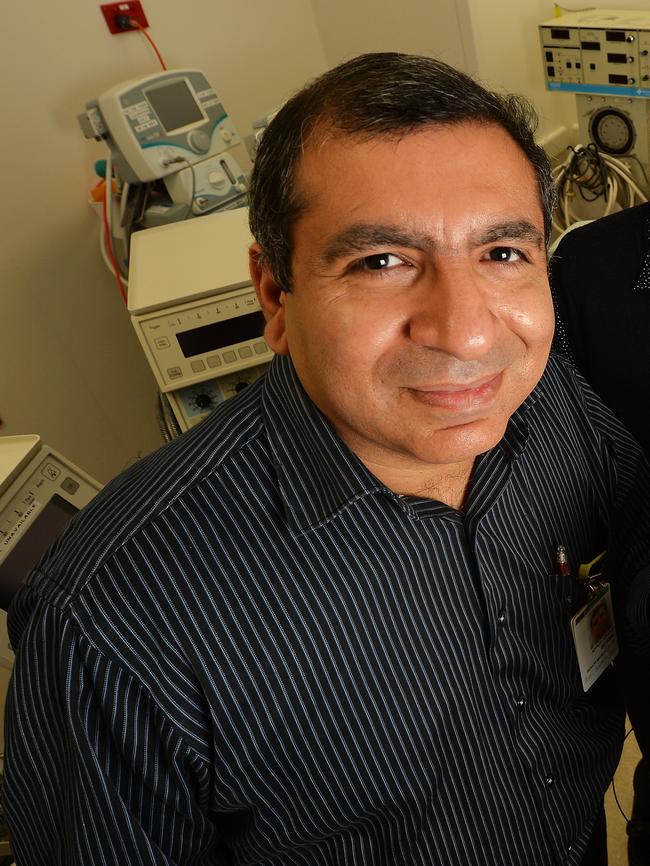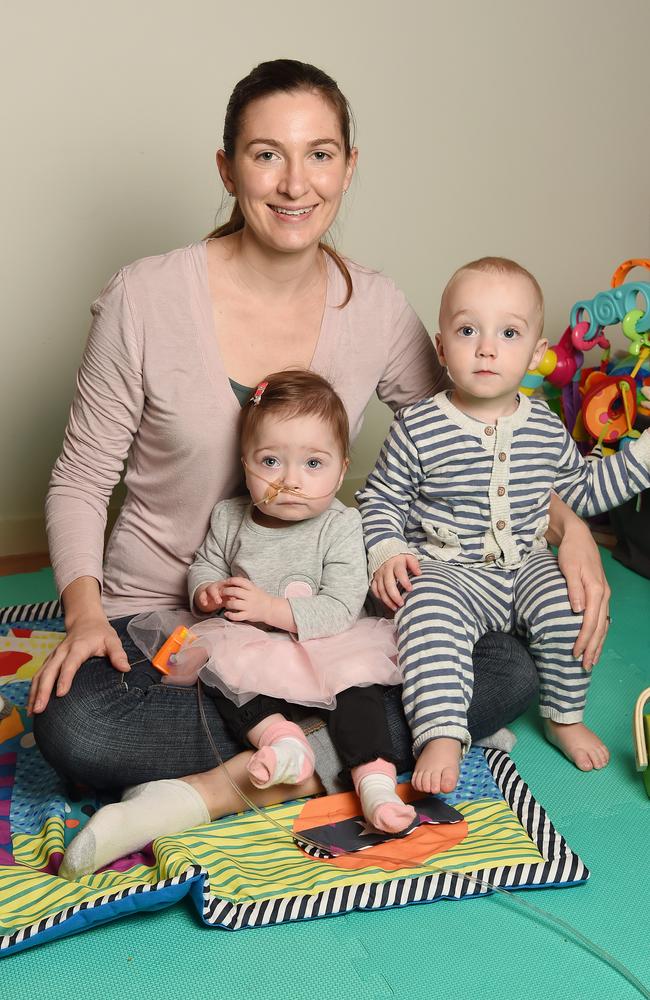Melbourne discovery may help prevent tiny babies developing chronic lung disease
MELBOUNRE doctors have made a discovery that could help pave the way for researchers to find treatments to prevent tiny babies from developing chronic lung disease.
VIC News
Don't miss out on the headlines from VIC News. Followed categories will be added to My News.
A DISCOVERY by Melbourne doctors could help pave the way for researchers to find treatments to prevent tiny babies from developing chronic lung disease.
Using ultrasound, Monash Health found abnormalities in the tiny lung vessels of babies born premature or too small for their age.
Researchers believe this is one of the causes of the potentially deadly condition that affects more than 1000 premature babies in Australia and New Zealand each year.
MORE NEWS:
CHILDCARE SUBSIDY: HOW TO AVOID MISSING OUT
AMAZON STOPS SHIPPING TO AUSSIES
Babies with foetal growth restriction, where a baby is not growing at the right rate in the womb, face an even higher risk of bronchopulmonary dysplasia.
Monash University’s Professor Arvind Sehgal said the disease increased a baby’s risk of long hospital stays, repeated admissions and even death.
Currently, there were few targeted therapies to prevent or treat the disease in babies.
“The amount of healthcare resources this problem utilises is just immense,” Prof Sehgal said.
In his study, high-frequency ultrasound was used to look at the lungs of 40 growth restricted and premature babies when they were 29-30 weeks old — six weeks before a diagnosis of chronic lung disease is usually made.
Prof Sehgal said it was discovered blood vessels in their lungs were thick and stiff.
Normal vessel development was vital to ensure the lungs formed and functioned effectively. “The thick and stiff vessels also put back pressure stress on the heart, so the heart does not pump or relax well either,” he said.
“It’s an important finding because it opens up avenues for trials of medicines in pregnant women to prevent the disease.”

Prof Sehgal said the effectiveness of medicines to reverse the problem could only be monitored by the ultrasound tests.
“If these medicines are effective, it will transform the health outlook of the premature infants, especially those with growth restriction.”
The Williams family were overjoyed about the new research into chronic lung disease after their daughter developed the condition and spent 300 days in hospital. At 14 months, Mila still requires oxygen support to survive and thrive.
Mum Noel Williams said her twins were delivered at 29 weeks and six days because Mila was severely growth restricted. Kai weighed 1.5kg, which was tiny, but “like a whale” compared with his sister Mila, who was just 592g.
“If you could prevent it that would be amazing, you would save families a lot of heartache and stress and the health system a lot of money,” Mrs Williams said.

READ MORE:
ARTIFICIAL WOMB COULD GROW PREMMIE BABIES
SKIN CONTACT GOOD FOR PREMATURE BUBS


